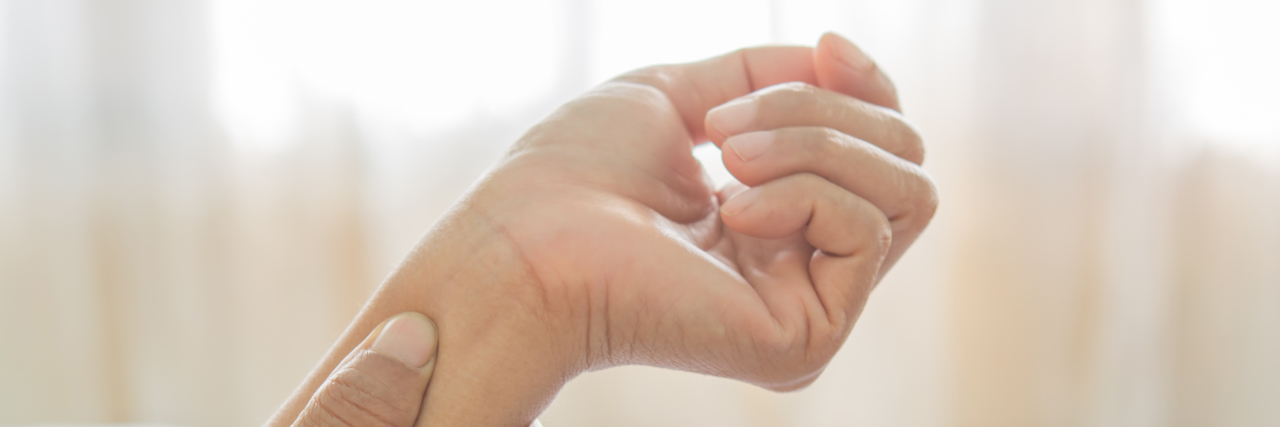You can Google any medical/psychological disorder and find professional information written in generic, impersonal terms. Having been diagnosed with numerous conditions, I can share personal experiences on each, beginning with the most visible, cerebral palsy.
Being born with cerebral palsy hasn’t impacted my life as people assume. After all, because I was born with impacted muscle control, I know no different. Walking with an unsteady gait, talking with slurred speech, and limited dexterity/fine motor skills have been so much a part of me that I know no different.
Lots of teasing occurred during childhood, yet positive social interactions dominated the negative feedback I received. I never sat around feeling sorry for myself because I was never limited by CP. I guess my one “CP hang-up” was shame surrounding dating… in fact, I’d refuse to hold men’s hands in public because I felt sorry for them being identified as my boyfriend. Now I see it as a self-esteem issue. I never had trouble making friends due merely to my CP.
As I enter my late 40s, I see ways CP is becoming more prominent as I age (which was predicted by doctors the past several years). My hands shake and fine motor skills are increasingly impaired, making things like carrying liquids, checking my oil, and putting coins in the laundry machines challenging. My energy isn’t what it was (but that may be due to depression), nor is my endurance. My strength does not seem to be affected, yet carrying heavy things for long distances is weakening.
Perhaps the greatest challenge I face aging with CP is frequent falling. I recently (and joyfully) was given an assistance dog who helps me steady myself when I getting up from a fall. She also helps greatly with my depression and anxiety, which will be addressed in future articles.
In conclusion, for the most part, CP has been such a “non-issue” that I rarely considered it. This is slowly changing as I am becoming middle-aged.
This story originally appeared on The Writing Therapist.
Getty image by Srisakorn.

